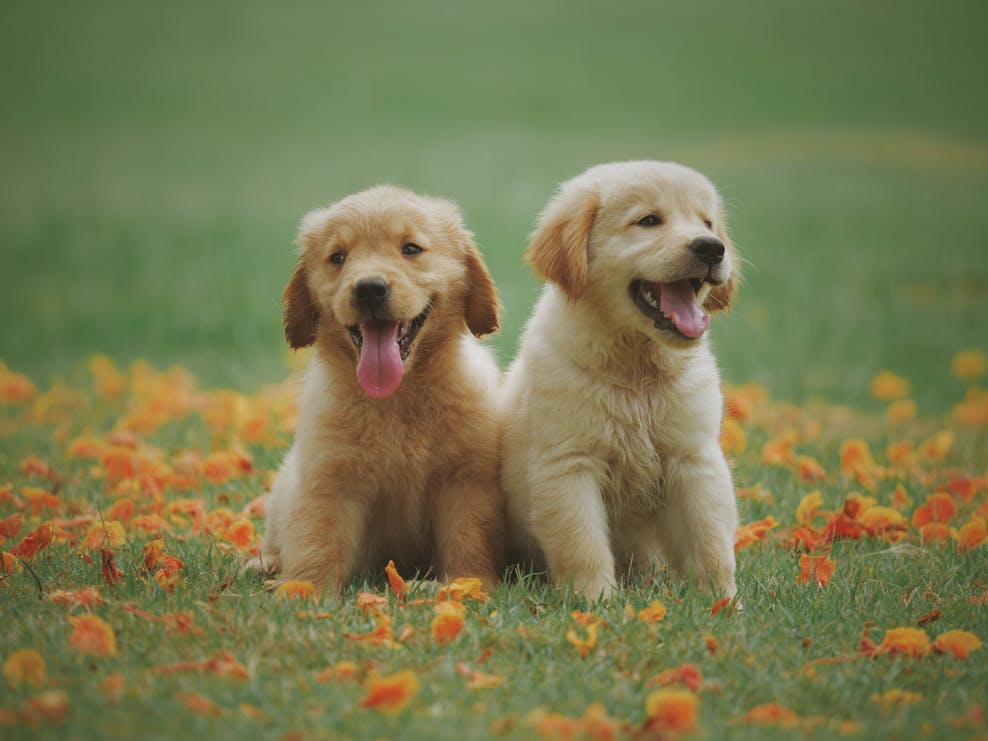As a pet owner, it’s natural to wonder if certain human foods are safe for your feline friend. Pears, with their sweet taste and juicy texture, may seem like a harmless snack to share with your cat. But can cats eat pears? Is it safe for them? Let’s explore everything you need to know about feeding pears to your furry companion.
🍐 Can Cats Eat Pears?
The short answer is yes, cats can eat pears in moderation, but there are important factors to consider before offering this fruit to your feline. Pears are not toxic to cats, but they are not a natural part of their diet either. Cats are obligate carnivores, which means their bodies are designed to thrive on meat-based proteins rather than fruits or vegetables.
While a small piece of ripe pear may not harm your cat, there are potential risks involved, especially if the fruit is not prepared properly. Let’s dive deeper into the safety aspects of feeding pears to cats.
🚨 Risks of Feeding Pears to Cats
Although pears are generally safe for cats, there are a few risks to be aware of:
- Choking hazard: Pear pieces that are too large or unripe can be difficult for cats to chew and swallow, leading to choking.
- Seeds and core toxicity: Pear seeds and the core contain small amounts of cyanogenic compounds, which can be toxic to cats if ingested in significant quantities.
- Digestive upset: Cats have sensitive stomachs, and eating too much pear may lead to diarrhea, vomiting, or stomach discomfort.
- High sugar content: Pears contain natural sugars, which are not ideal for a cat’s diet and may contribute to weight gain or other health issues if consumed in excess.
These risks highlight the importance of serving pears to cats only in small, safe portions and with proper preparation.
🛠️ How to Safely Feed Pears to Your Cat
If you decide to let your cat try a small piece of pear, follow these steps to ensure their safety:
- Choose a ripe pear that is free from bruises or mold.
- Wash the pear thoroughly to remove any pesticides or dirt.
- Remove the seeds, core, and stem, as these parts are not safe for cats.
- Cut the pear into tiny, bite-sized pieces to reduce the risk of choking.
- Offer only a small piece to see how your cat reacts.
Always monitor your cat after introducing a new food to ensure they do not have any adverse reactions.
🐾 Signs Your Cat May Not Tolerate Pears
Even though pears are safe in small amounts, some cats may not tolerate them well. Watch for the following symptoms after feeding your cat a piece of pear:
- Vomiting
- Diarrhea
- Excessive drooling
- Lethargy or discomfort
If you notice any of these signs, stop feeding pears to your cat immediately and consult your veterinarian.
💡 Are There Any Benefits to Feeding Pears to Cats?
Pears are rich in vitamins such as vitamin C and vitamin K, as well as fiber and antioxidants. However, these benefits are minimal for cats since their digestive systems are not designed to process plant-based nutrients efficiently.
While a small piece of pear may provide a bit of hydration due to its high water content, it’s not a necessary addition to your cat’s diet. Cats obtain the majority of their nutritional needs from high-quality cat food, which is specifically formulated to meet their dietary requirements.
🙅 Foods to Avoid When Feeding Your Cat
In addition to being cautious with pears, it’s essential to know which foods are toxic to cats. Avoid feeding your cat the following:
- Grapes and raisins
- Chocolate
- Onions and garlic
- Alcohol
- Caffeinated beverages
- Raw dough
These foods can cause serious health issues, so always keep them out of your cat’s reach.
FAQs
Can cats eat canned pears?
No, canned pears are not safe for cats. They often contain added sugars, syrups, or preservatives that can upset your cat’s stomach and lead to health issues.
What should I do if my cat eats pear seeds?
If your cat accidentally eats pear seeds, monitor them closely for signs of distress such as vomiting, lethargy, or difficulty breathing. Contact your veterinarian if you notice any unusual symptoms.
How much pear is safe for my cat?
A tiny piece of pear, about the size of a pea, is enough for your cat to try. Avoid giving them more than this to prevent digestive upset.
Can kittens eat pears?
Kittens have even more sensitive stomachs than adult cats, so it’s best to avoid giving them pears altogether.
References
Book a $49 online vet consultation at https://www.dialavet.com for fast, expert advice.























